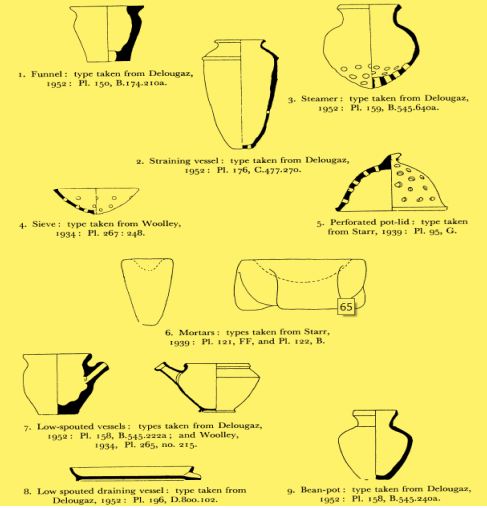
Mass Production of Pottery and Storage Systems in Ancient Mesopotamia
Mass Production of Pottery and Storage Systems in Ancient Mesopotamia

Article Format: Reference Based Subject-Article
Institution: Knowledge Based Society.
Producer of the subject articles: KBS
Writers: Professional content team.
Social Dimension: Knowledge Culture/politics/ Economy
Introductory Remarks: Subject-topics are based on the vitality of a selected topic, being an important component of social dimensions. The structure of a subject-article contains references taken from selected research papers and artifacts and evidence, followed by an explanation comprising a few hundred words. All research papers are taken from peer-reviewed, authentic sources.
Subject Production: KBS produces the subject-content elaborated by the topics. The selection of research papers and references and the inclusion of comments are articled by a senior qualified content team.
Conclusion: The topics selected, qualify the fundamental status of origin of the social dimension in the theory of social sciences.
Acknowledgment: KBS acknowledges the extensive research work conducted by scholars and equivalent researchers on the Middle East. All the research papers are referenced properly with due credit assigned to scholars. All research papers have been linked to the KBS library for readers who may like to refer the original source for further detail.
Mass Production of Pottery and Storage Systems in Ancient Mesopotamia
Pottery in Ancient Mesopotamia has been found throughout the timelines of the ancient empires. It ranges from before the Proto Hassuna period (7th Millennium BC) and continues further on till the time of the Islamic conquests of the region.









